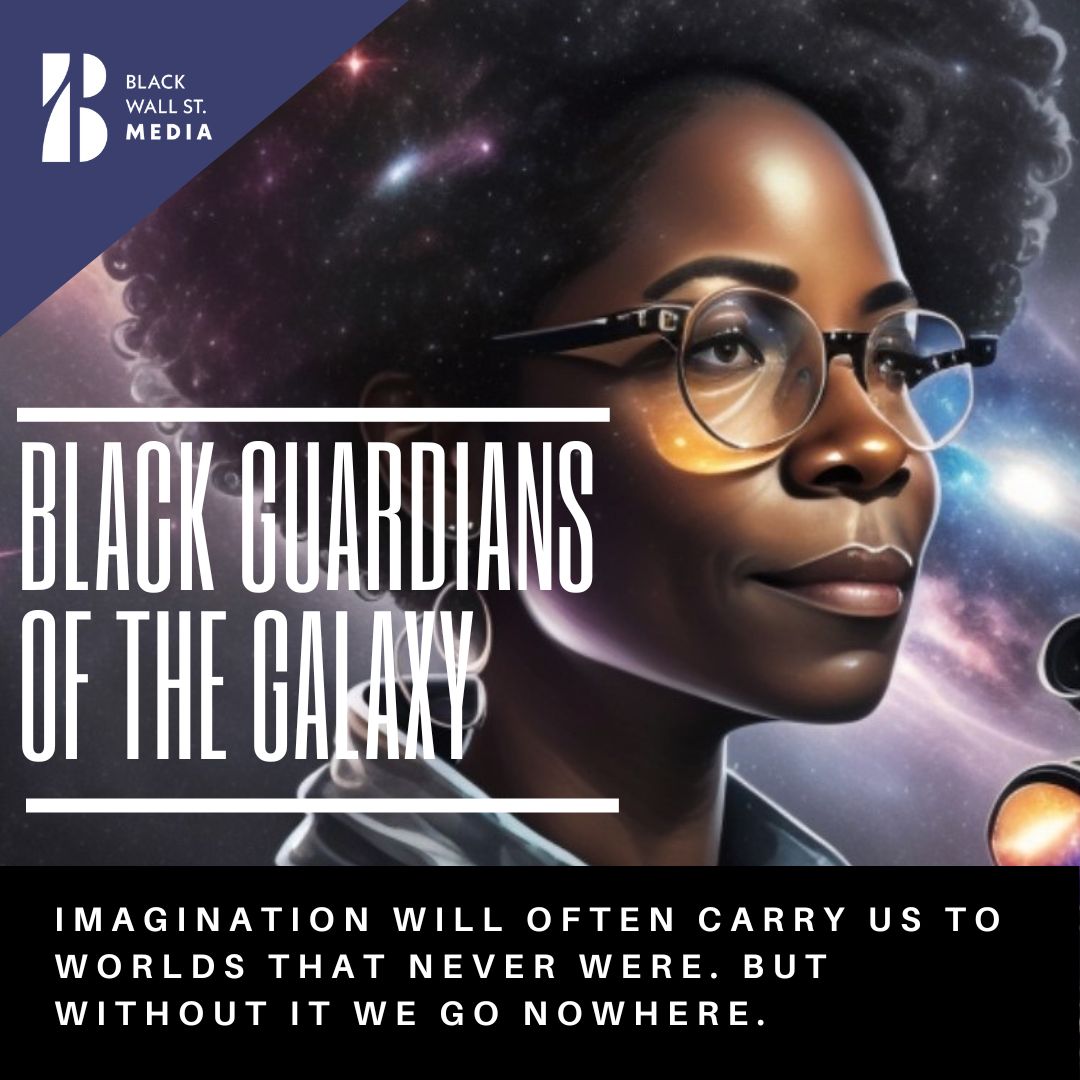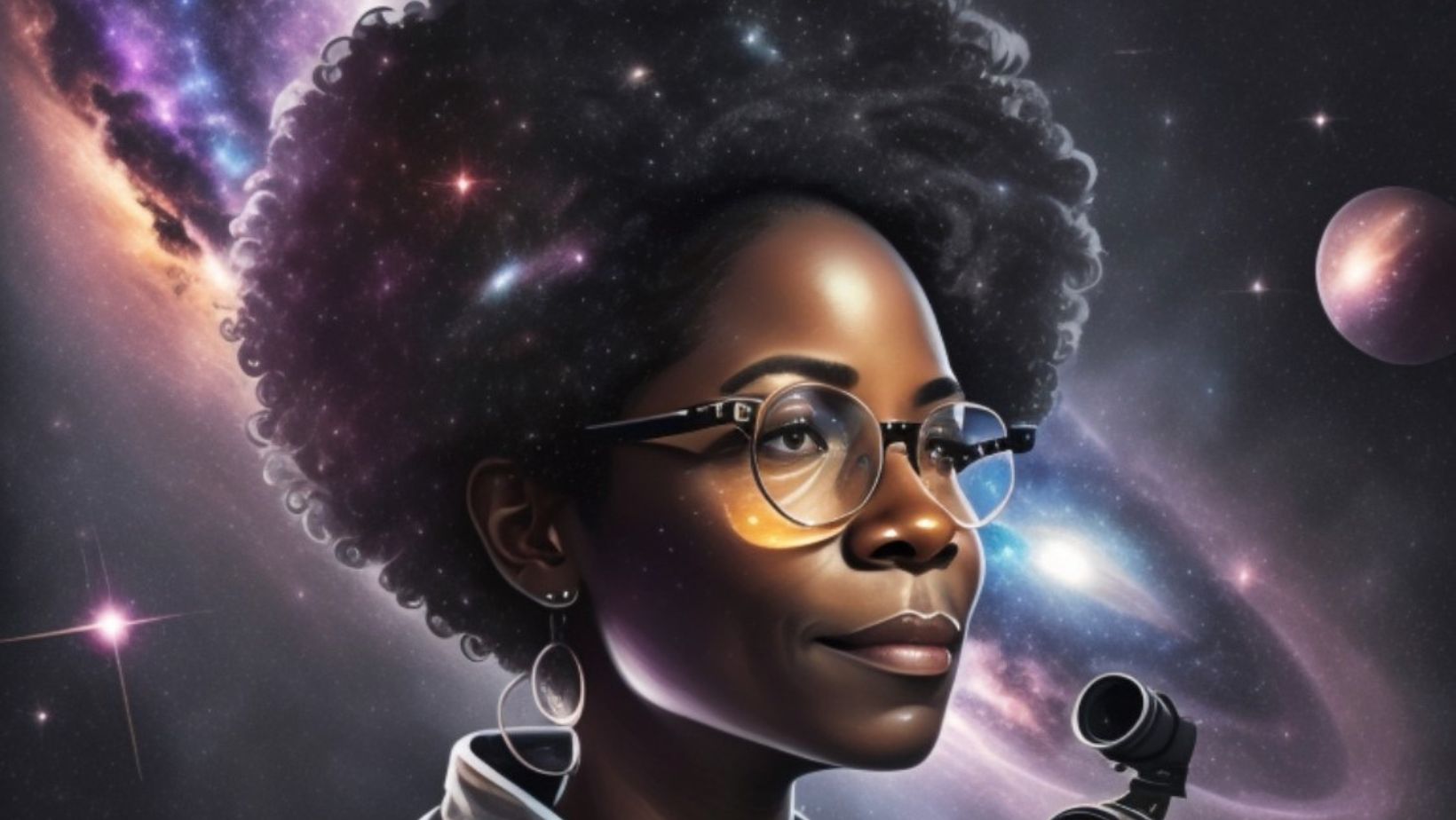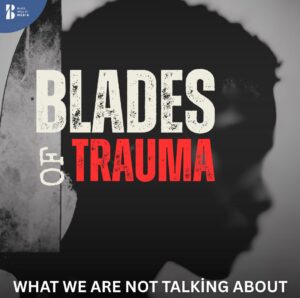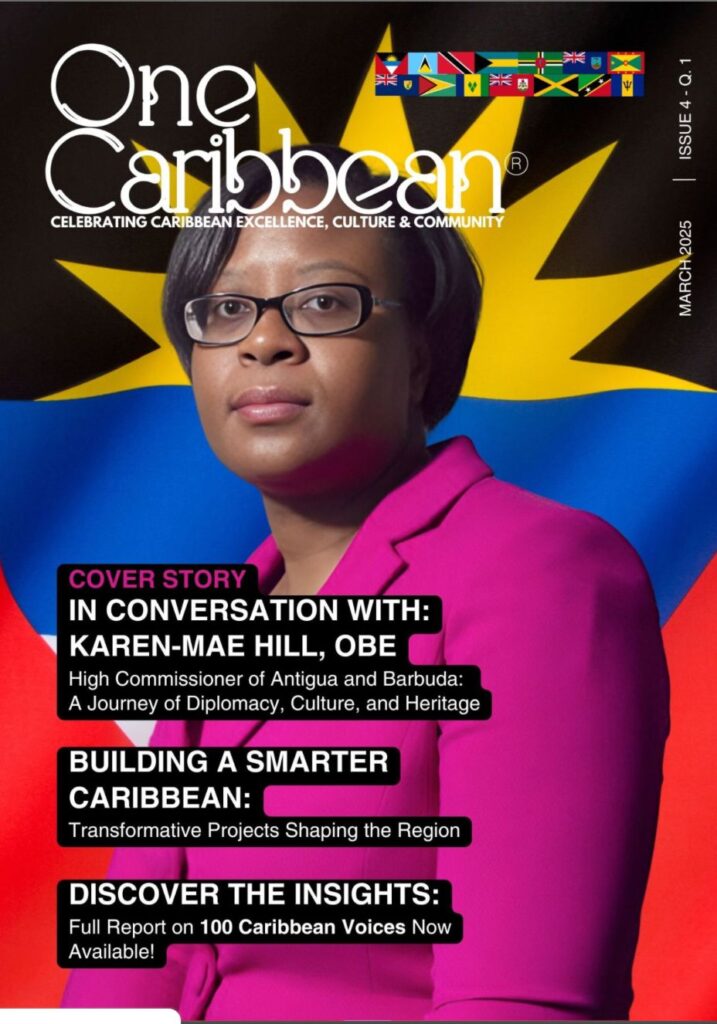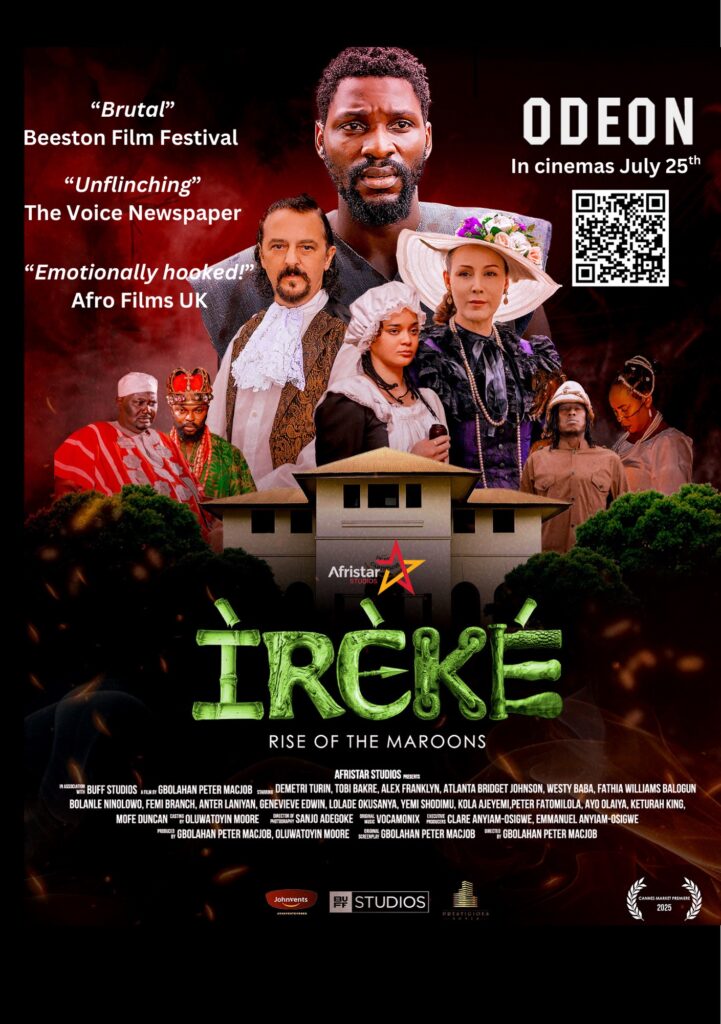Imagination will often carry us to worlds that never were. But without it we go nowhere.
The enchanting world of astronomy, with its celestial wonders and mysteries, has long captured the imagination of those who gaze at the night sky.
However, within the UK’s astronomy landscape, a significant challenge persists – the underrepresentation of black women.
Despite the inspirational presence of Dr. Maggie Aderin-Pocock, co-host of The Sky at Night, the field struggles to reflect the multicultural society it exists in.
Diversity Disparity:
A demographic survey conducted by the Royal Astronomical Society sheds light on the stark contrast between the astronomy community and the general population.
The survey revealed that 95% of British respondents in astronomy identified as white, compared to 87.1% of the overall population.
More alarming is that out of 903 respondents, only one identified as black and British.
Unveiling the Discrepancy:
In an informal Twitter/Facebook inquiry led by Sheila Kanani, RAS Education, Outreach & Diversity Officer, respondents were asked to name black British female astronomers or astronomy students, excluding Aderin-Pocock.
The responses were surprising, showcasing a lack of visibility and representation.
Impact of Role Models:
Aderin-Pocock’s inspiring presence, though influential, hasn’t led to a substantial increase in black women enrolling in UK astronomy courses. Melissa Brobby, Institute of Physics press officer, expressed her excitement at Aderin-Pocock’s achievements but highlighted the rarity of black individuals in astronomy courses.
Challenges Beyond the Cosmos:
Role models play a crucial role in motivating and encouraging individuals, but they need to be relatable and realistic. Tinu Cornish, a leading diversity psychologist, emphasizes that simply regarding role models as exceptional may not inspire.
Other challenges include the perception of physics as less vocational in black communities, gender stereotypes, and the male-dominated nature of the field.
Breaking Barriers:
Efforts are being made to support and encourage black female astronomers. Initiatives like RAS events related to the film Hidden Figures aim to connect black and non-white British schoolchildren with female scientists. However, finding astronomy-specific role models from various ethnic backgrounds remains a challenge.
Online Platforms and Cultural Change:
Initiatives like Generating Genius and the Black British Academics network utilize online platforms to connect peers and mentors, breaking down physical barriers. Moreover, the work of Advance HE, particularly through the Athena SWAN and Race Equality charters, is encouraging cultural change in universities. Addressing conscious and unconscious bias is crucial for transforming outcomes for women and minority ethnic communities.
While the challenges are evident, the strides being made to diversify the UK astronomy field are promising.
By dismantling barriers, fostering inclusivity, and providing relatable role models, the cosmos can truly become a space where diversity thrives.
The journey towards equitable representation in astronomy continues, propelled by the collective efforts of individuals, institutions, and initiatives aiming to make the stars accessible to all.
